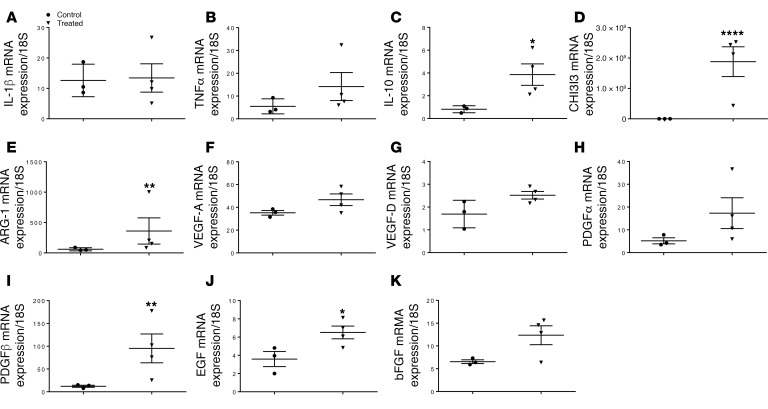Figure 8. Podoplanin neutralization alters infarct microenvironment.
Real time q-PCR analysis for the major proinflammatory (A and B) and antiinflammatory (C–E) cytokines and angiogenic growth factors (FK) was performed on cardiac tissues from podoplanin neutralizing antibody treated and untreated (saline) mice 3 days after myocardial infarction (MI). Quantitative analysis of IL-1β (A) and TNFα (B) mRNA indicated that podoplanin neutralizing antibody does not inhibit the gene expression these proinflammatory cytokines, but interestingly the antiinflammatory cytokine IL-10 (C), and the reparative monocytes markers: CHI3I3 (D) and ARG-1 (E) mRNA are significantly upregulated at day 3 post-infarct hearts. Neutralizing antibody treatment also led to an increased expression of the major growth factors for the tissue regeneration such as VEGF-A (F), VEGF-D (G), PDGFα (H), PDGFβ (I), EGF (J) and bFGF (K). Data are presented as mean ± SEM *P < 0.05, **P < 0.02 and ****P < 0.01 saline control vs. treated. n=3/group. Student’s t test was performed between the groups.

